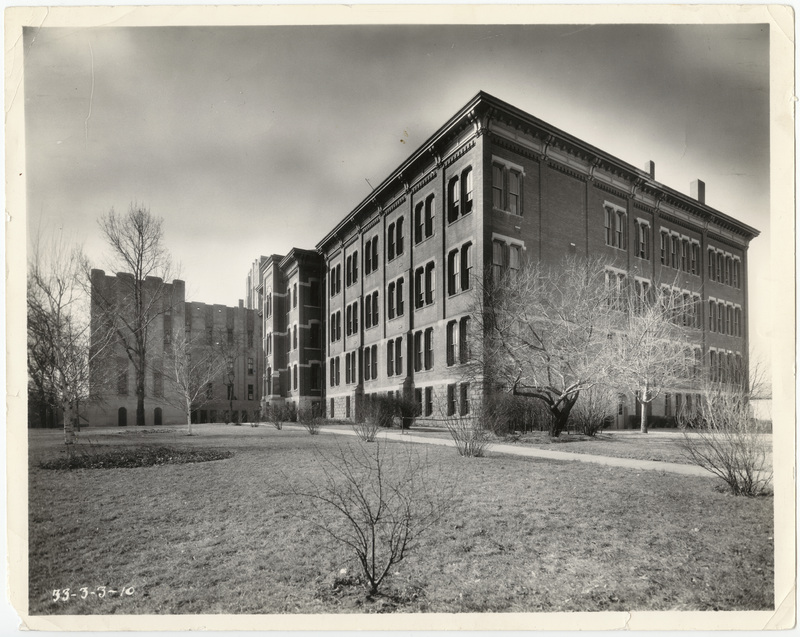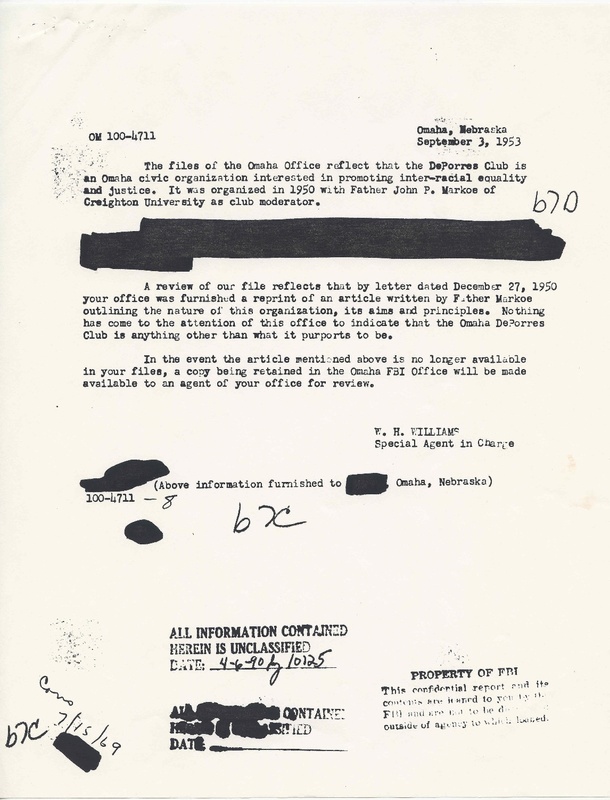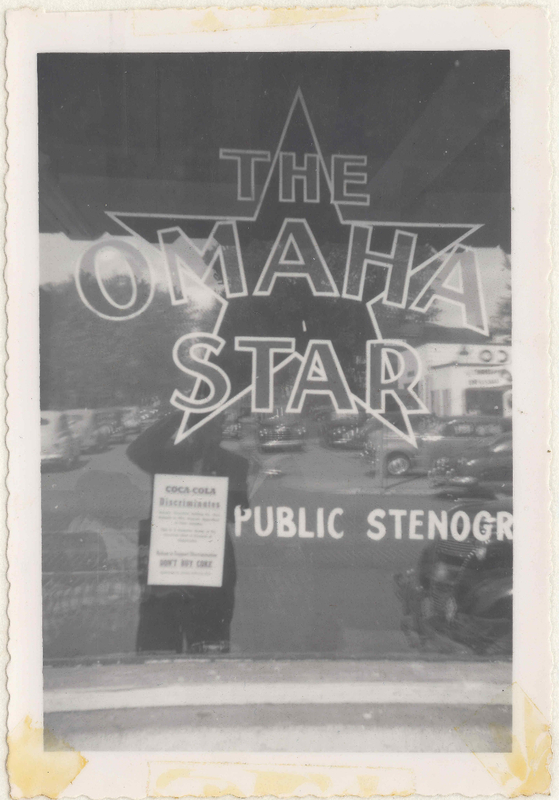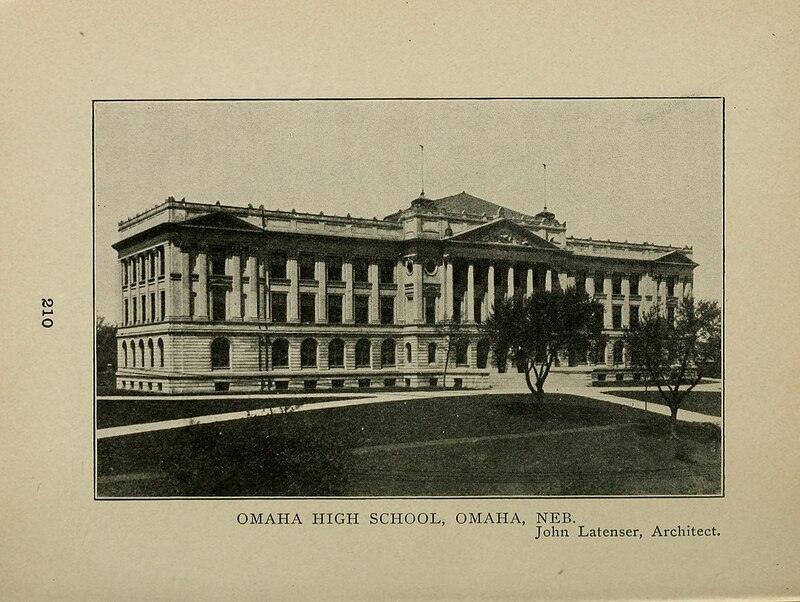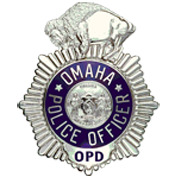Government, Business, & Education
The DePorres Club was founded on Creighton University’s campus by Fr. John Markoe and a student Denny Holland. As a Jesuit teaching at Creighton, Markoe and the club itself fell under the scrutiny of other Jesuits, faculty, and staff alike at Creighton. Markoe recognized “‘a few college professors and citizens found fault with the program.’” Those outside of the club viewed it as “radical," a group of crack-pots, disturbers of the peace” due to the fact that it was an interracial organization and was calling for interracial dating and marriage (Amy Helene Forss, “Mildred Brown and the De Porres Club: Collective Activism in Omaha, Nebraska’s, Near North Side, 1947-1960,” 194). Moreover, a number of Creighton priests ostracized Fr. Markoe, calling him a “‘[racial slur] lover’” (Forss, 194). As a result of the Club's support of Mildred Brown and Marvin Kellogg, Sr., in their filing of a discriminatory lawsuit against Harkert Café, the administration of Creighton University “insisted that the De Porres Club convene elsewhere” (Forss, 194).
The Federal Bureau of Investigation (FBI) and local Omaha government viewed the DePorres Club with caution, especially in light of the Cold War. The FBI itself “kept surveillance logbooks and questioned club president Holland” (Forss, 2010). This was due to the fact that, during the years of the Cold War, many interracial and civil rights organizations throughout America were accused of being Communists, a practice known as “red-baiting” (Forss, 196). Communism itself was seen as a looming threat to the world of democracy and freedom. When the FBI approached Denny Holland information about the Club he told them that members of interracial organizations working for civil rights were not necessarily more likely to join the American Communist Party than anyone else. (Forss, 2010). After efforts to investigate the DePorres Club and question a variety of its members as to its purpose, the FBI concluded that “Nothing has come to the attention of this office to indicate that the Omaha DePorres Club is anything other than what it purports to be” (Markoe Papers, Box 7, F3). In fact, Fr. John Markoe persuaded members of the DePorres Club from joining the ACP, stating that “‘I’d rather do business with the devil himself to stop racism,’ but Communism would not change Omaha’s discriminatory practices” (Forss, 196).
The Omaha Star began in 1938 in North Omaha, where it remains in publication. Founded by Mildred Brown and her husband, the Omaha Star reported news important for Omaha’s Black community. A friend and partner to the DePorres Club, Mildred Brown offered the Omaha Star offices to the Club as a meeting space after finances no longer permitted the Club to maintain the DePorres Center. The Omaha Star also reported on and supported the Club’s activities and was important source of information and advocacy for Civil Rights in Omaha throughout the 1960s. (Forss, 2010)
The DePorres Club’s interacted with a number of local schools, starting with its efforts to integrate local Catholic parish schools. The Club also engaged with Omaha Public Schools, including Central High and its Board of Education. On March 27, 1950, the DePorres Club sent a letter of protest to Mr. Nelson, principal of Central High, and its Board of Education regarding an blackface act. On October 30, 1950, Black students were denied admission at dance at Central High Peony Park. The DePorres Club reported in mid-December that passing out handbills was effective; the school had determined that no more discriminatory policies would be tolerated.
The Omaha Police Department had various forms of involvement with the DePorres Club. On December 11, 1950, the police warned the DePorres Club to stay off the property of a play after they handed out handbills about the club. Later on, in October of 1952, the police became integrated. In November of 1953, the Omaha PD placed two Black policemen in a police cruiser.
